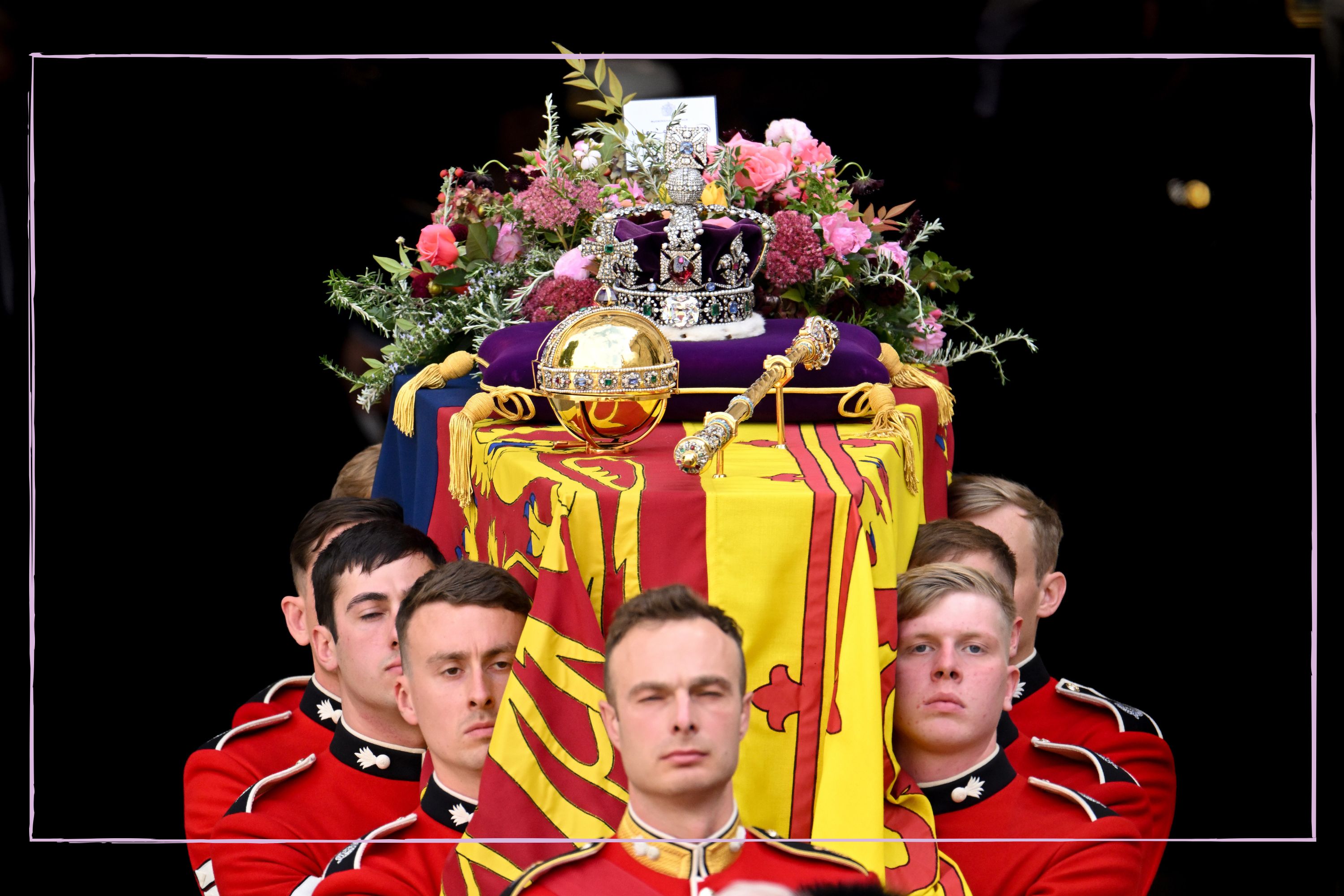Is old age a cause of death and what does dying of old age mean?
The Queen's cause of death has people wondering what it really means to die of 'old age'

Parenting advice, hot topics, best buys and family finance tips delivered straight to your inbox.
You are now subscribed
Your newsletter sign-up was successful
Queen Elizabeth's death certificate stated that she died of "old age" when she passed away on the 8th of September 2022 at the age of 96. The statement has sparked conversation around what dying of old age means and whether 'old age' is a cause of death.
Is old age a cause of death?
Technically, 'old age' is not a cause of death - at least not from a medical perspective. Ageing and 'growing old', in and of itself, will not cause a person to die.
Michael Rose, an evolutionary biologist at the University of California at Irvine and the director of its Network for Experimental Research on Evolution, explained to Insider, "Ageing is not a relentless process that leads to death, it's a transitional phase of life between being amazingly healthy, and stabilising."
So if 'old' age is not a cause of death, how can it be cited as such on a death certificate such as the Queen's? While it could be to give the royal family some much deserved privacy surrounding the intimate details of the Queen’s death, there is a more medically-focused reasoning.
What does dying of old age mean?
When someone has died of old age, what it really meant is that someone died as a result of an illness that a healthy, stronger and younger person would most likely have survived, Insider reports.
Older people are more likely to pass away due to medical issues such as pneumonia or dementia, or due to the aftermath of an event like a heart attack or a fall, because their bodies are less able to repair themselves. Cells struggle to rebuild and heal a person as well and health declines in ways it would not in a younger person.
Talking to Insider, Amy Ehrlich, a professor of clinical medicine at the Albert Einstein College of Medicine and a geriatric physician at Montefiore Medical Center, explained, ""As you get older and older, you're more likely to get heart disease and cancer.
Parenting advice, hot topics, best buys and family finance tips delivered straight to your inbox.
"But we also see a lot of things like falls, where someone falls and ends up with serious trauma like a hip fracture. That's hard to recover from when you're 104."
When can 'old age' be used as cause of death?
According to GP notebook, there are only a handful of situations in which ‘old age’ can be stated as the cause of death by a medical professional as per government guidelines. These include the doctor, after having personally cared for ‘the deceased over a long period’, observing 'a gradual decline in [their] patient's general health and function.’
Other situations include a lack of ‘any identifiable disease or injury that contributed to the death’, and being ‘certain that there is no reason that the death should be reported to the coroner’.
On top of this, when it comes to writing death certificates in the UK, there is strict government guidance that says doctors should avoid giving old age as the sole cause of death. Instead, as GP notebook state, doctors are advised to also mention ‘as appropriate, any medical or surgical conditions that may have contributed to the death’ alongside citing 'old age' as a cause.
Despite this, the Queen’s official cause of death was ruled as ‘old-age’ with no other contributing health factors cited. So how could this be?
Simply, it is because the Queen's death met all the previously mentioned government mandated requirements needed to be ruled as caused by 'old age.' Namely, the Queen's doctor had 'personally cared for the deceased over a long period', had 'observed a gradual decline in the patient's general health and functioning', had also 'not been aware of any identifiable disease or injury that contributed to the death', and finally had 'been certain that there is no reason that the death should be reported to the coroner."
The guidance also states that the "deceased's family may not regard old age as an adequate explanation for their relative's death". But as Princess Anne, the Queen's only daughter, signed the death certificate, this was not an issue when determining a cause of death for the late Queen.
Charlie Elizabeth Culverhouse is a news writer for Goodtoknow, specialising in family content. She began her freelance journalism career after graduating from Nottingham Trent University with an MA in Magazine Journalism, receiving an NCTJ diploma, and earning a First Class BA (Hons) in Journalism at the British and Irish Modern Music Institute. She has also worked with BBC Good Food and The Independent.